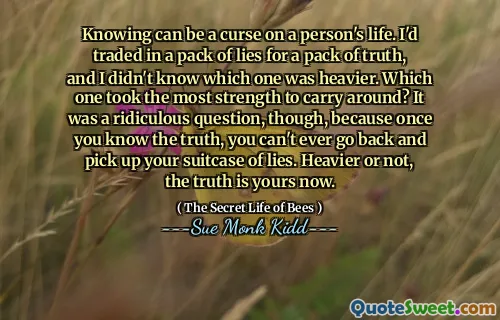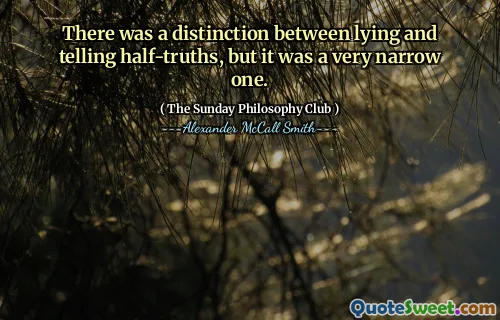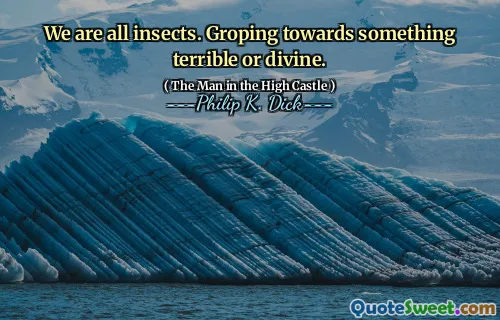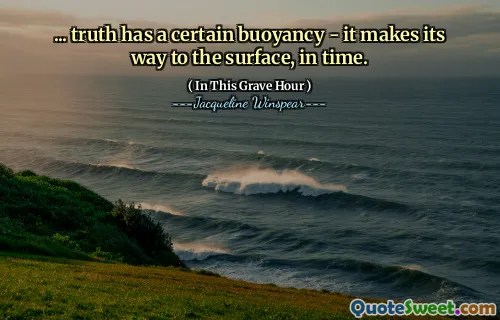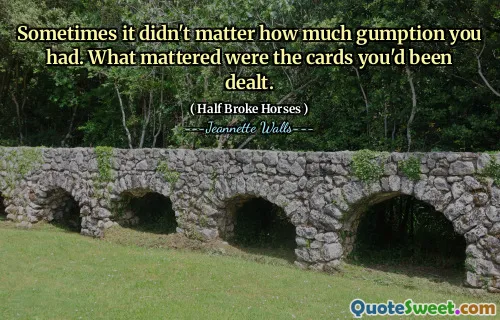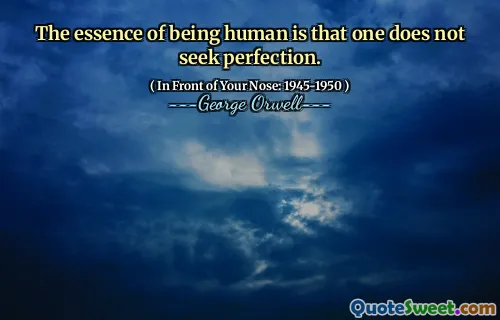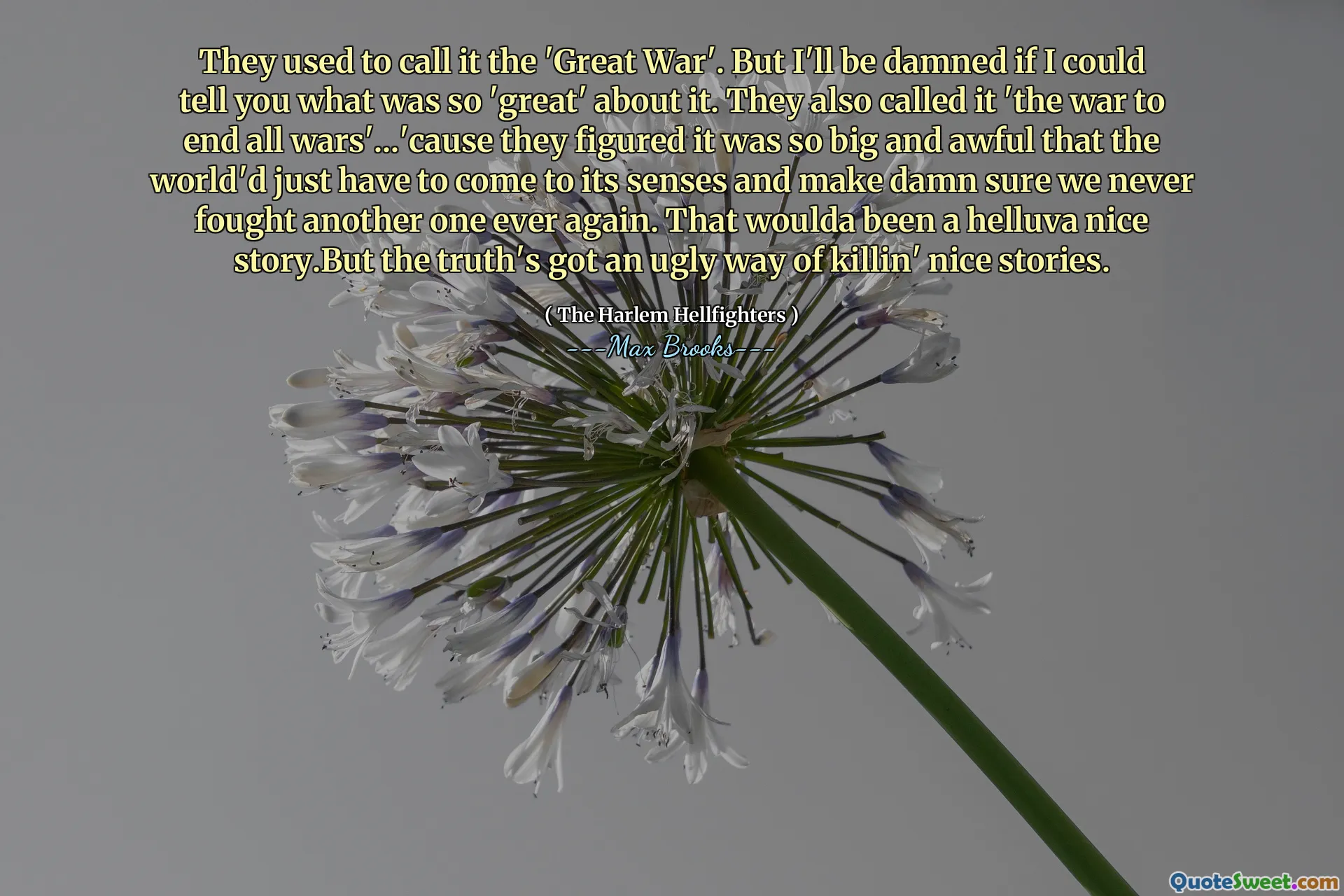
They used to call it the 'Great War'. But I'll be damned if I could tell you what was so 'great' about it. They also called it 'the war to end all wars'...'cause they figured it was so big and awful that the world'd just have to come to its senses and make damn sure we never fought another one ever again. That woulda been a helluva nice story.But the truth's got an ugly way of killin' nice stories.
The quote reflects on the irony of how World War I was referred to as the 'Great War' and 'the war to end all wars.' It emphasizes the expectation that such a devastating conflict would deter future wars, highlighting a sense of pessimism about humanity's ability to learn from its mistakes. The speaker’s disbelief in the term 'great' reveals a deep disillusionment with the realities of war and the underlying pain it caused.
The statement underscores the harsh truth that despite the hope for peace following such a catastrophic event, history has shown us that wars have continued. It serves as a critique of humanity's failure to heed the lessons of the past, illustrating how the narrative of hope is often shattered by the ongoing cycles of conflict. This perspective invites a reflection on the consequences of war and the fragility of peace.

